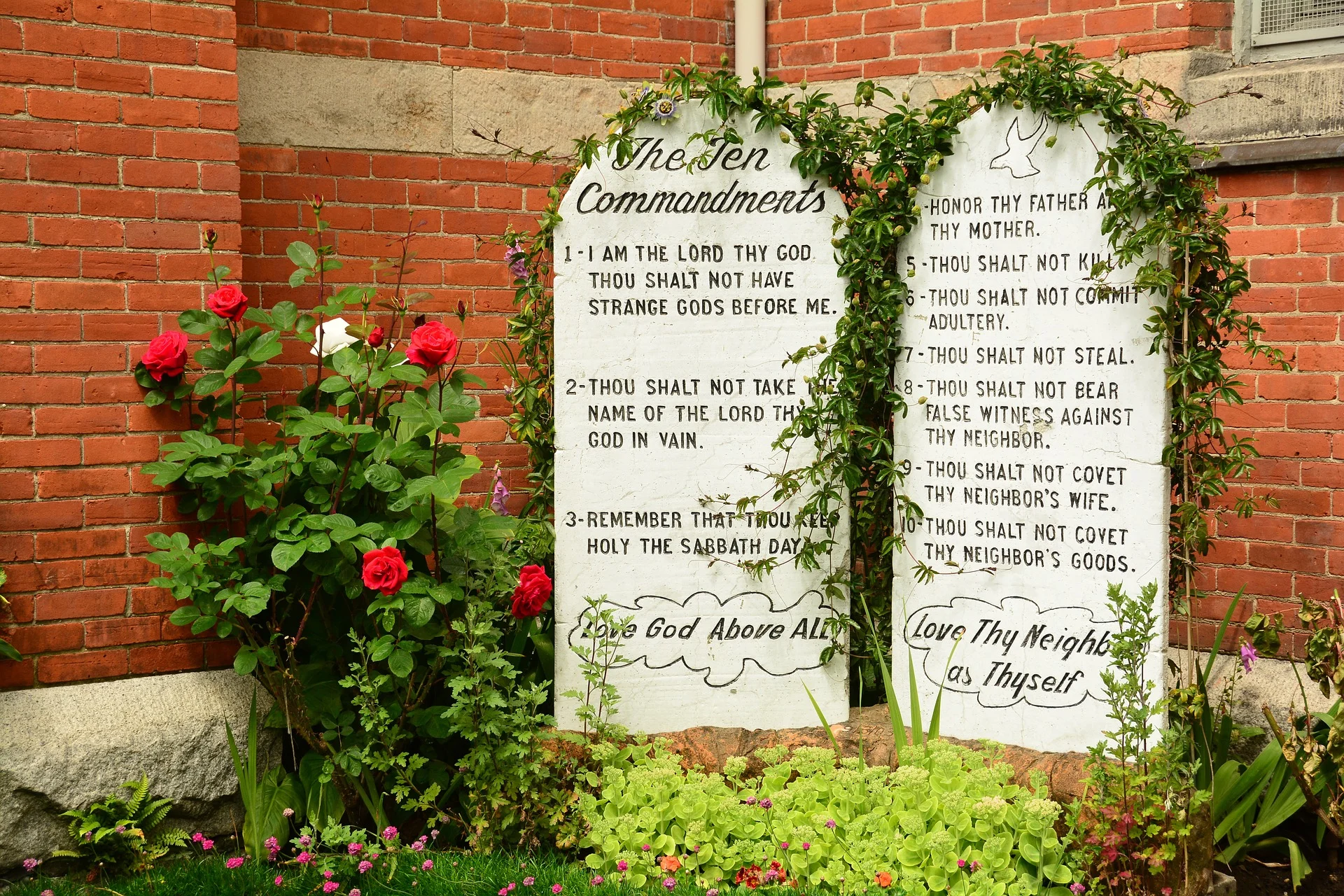O The Deep, Deep Love of Jesus
After a couple weeks away from Romans 8, I think it is time to get back to it. The last time we looked at this chapter we concentrated on only verse 31. Let’s just take a look back at that verse to get a running start.
“What then shall we say to these things? If God is for us, who is against us?”
With everything that is going on in our world right now, this verse is so meaningful to me. In a world riddled with hatred for our fellow man, diseased by drugs, crime and violence, and put at risk by viruses that keep mutating and growing, it is good for my soul to know that God is for me. He is for you too. Let’s look at the next verse
“32 He who did not spare His own Son, but delivered Him over for us all, how will He not also with Him freely give us all things? ”
Let’s mull this over by taking this verse a phrase at a time.
He who did not spare His own Son…
The He referred to here is God the Father. His own Son is Jesus Christ. What did He not spare Him from? Death on the cross. If you are a Christ follower, then you understand the gravity of this phrase. God the Father, willingly gave His only son to face, not just death, but a criminal’s death on a cross of wood. There was no dignity or honor in this death, at least not to the Romans or the Jews at the time. This was no death on the battlefield fighting for the freedom of His fellow countrymen, or was it? Let’s look at the next phrase.
“For God so loved the world, that He gave His only begotten Son, that whoever believes in Him shall not perish, but have eternal life.”
but, delivered Him over for us all…
I am immediately struck by the phrase, for us all. You see God did this for us. Jesus agreed to this for us. It was a necessity for us. This death, like the deaths of soldiers during the Revolutionary War and the deaths of soldiers during the Civil War, and the deaths of soldiers during WWI, and the deaths of soldiers during WWII, and on, was a life freely given to preserve others from death. These sacrifices were made for the benefit of humanity. Jesus died so that we might have life and have it more abundantly.
Image by Thomas Rüdesheim from Pixabay
“The thief comes only to steal and kill and destroy; I came that they may have life, and have it abundantly.”
…how will He not also with Him freely give us all things?
Now that He has done such an amazing thing, will He not also give us what we need? He provides for our physical needs, but also our mental, emotional and spiritual needs.
“And the Lord will continually guide you, And satisfy your desire in scorched places, And give strength to your bones; And you will be like a watered garden, And like a spring of water whose waters do not fail.”
Isn’t that verse amazing? How many of us are feeling lost, scorched, weary and weak? Yet His living word says He will guide us, satisfy us, and give us strength, and indeed He does. I don’t know how many nights I crawl into bed and think, there is no way, I can get up tomorrow and do this all over again, yet, His mercies are new every morning. Even more beautiful is the progression of this verse. He not only takes us from the dry scorched and weary place we find ourselves in, but He makes us like a vast, beautiful watered garden; like a living spring that will never run dry, as long as we are connected to Him.
He takes us from this:
Image by Greg Montani from Pixabay
To this:
Let me leave you with this music by Selah. Worship. He is worthy!






































































